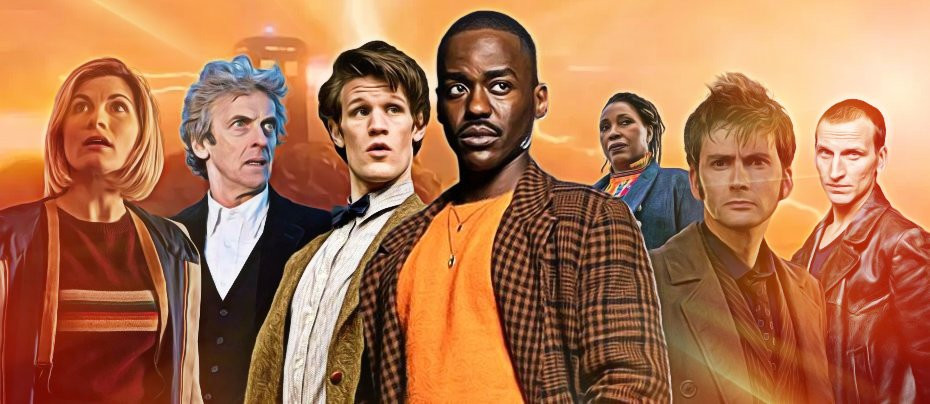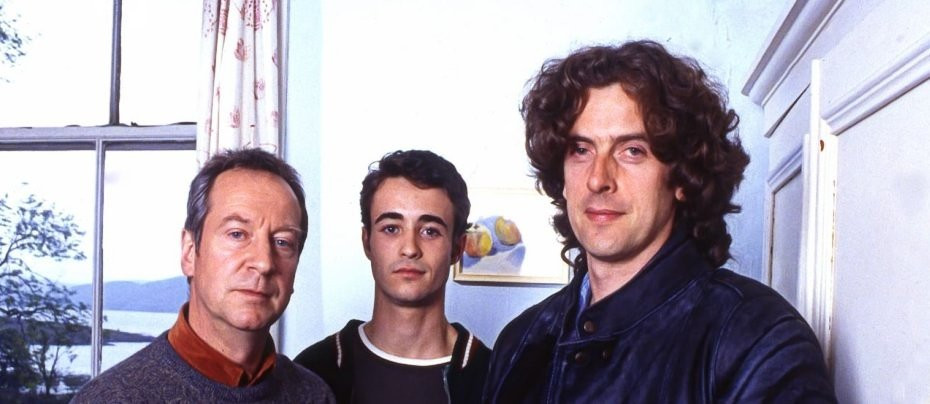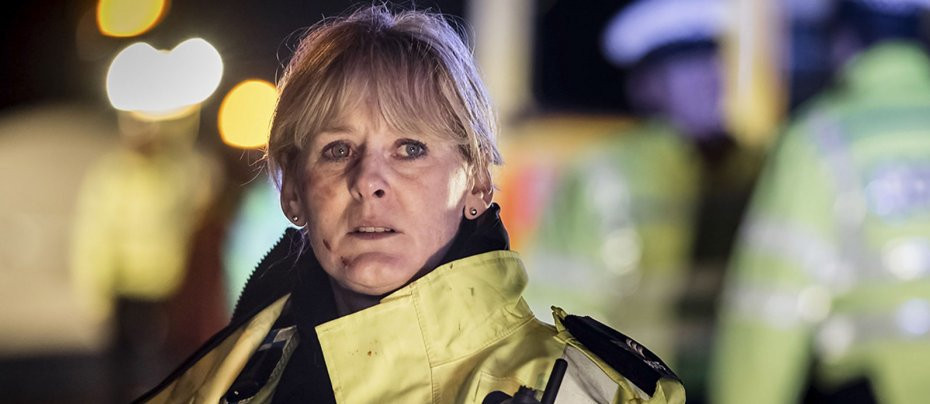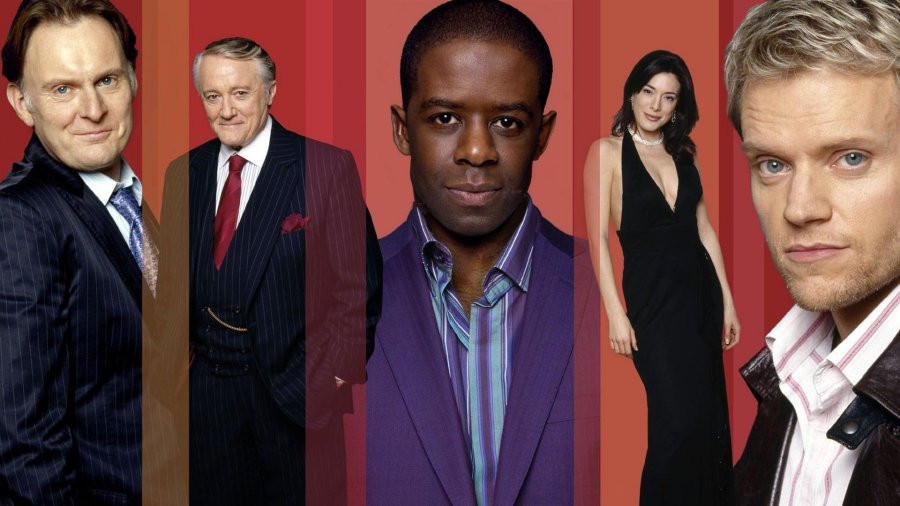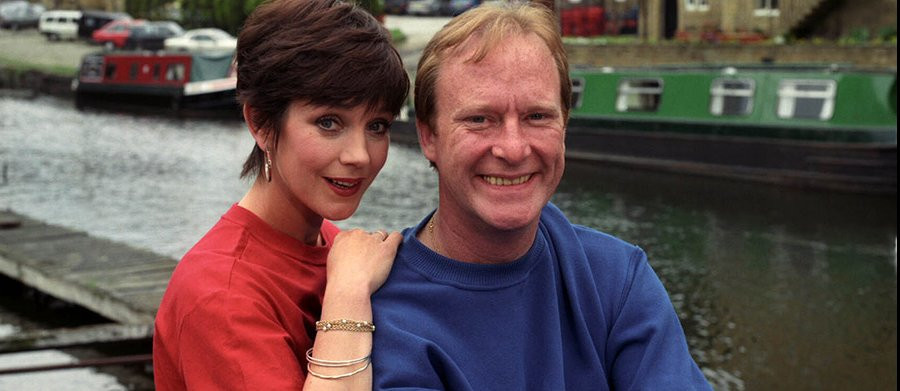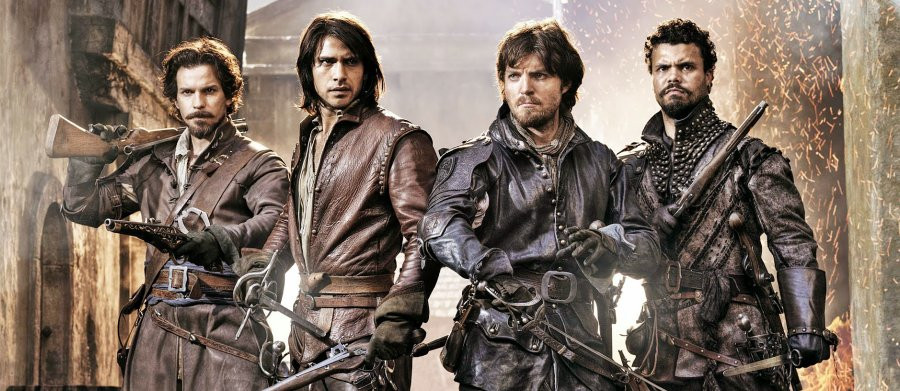
The Musketeers
2014 - United KingdomReview: John Winterson Richards
It was an unusually perceptive scene in How I Met Your Mother that best explained how the "smart phone" killed the pub debate. In the old days one could get hours of passionate argument out of something like "What is the most popular food in America?" Now anyone can simply look it up online and the discussion is over.
There are, however, some questions to which the Internet is unable to provide a trite immediate answer. One of them is "What novel has been adapted most frequently for television, film, and stage?"
There is no easy answer because it all comes down to definition. If one restricts it to the actual story, then it is probably 'A Christmas Carol' or possibly 'Anne of Green Gables.' If one widens it to include the same, or similar, characters in different stories, as IP lawyers would definitely insist if the novel was not out of copyright, then it is probably 'The Three Musketeers.'

By the same criterion, Alexandre Dumas pere is the most adapted novelist: Charles Dickens' stories have been adapted more frequently, but Dumas' characters are more easily transferred to other situations. If he was alive today, Dumas would therefore be making absolute fortunes, as he did in his day - and doubtless still managing to spend every penny and more, as he also did in his day.
Incidentally, Dumas is also the correct answer to the question "Which historical character would you most want as your drinking buddy?" He was enormous fun and absurdly generous. You would just have to accept that if he borrowed anything, you were unlikely to get it back. His son, who, as often happens, reacted against his parent's example and so became very respectable - and found his own fame as the author of the morally improving 'Lady of the Camellias,' which Verdi turned into his opera 'La Traviata' - referred to him as "my prodigal father."
Dumas pere had the mind of a modern executive producer. This was not surprising, since he made his first fortune churning out forgettable but popular dramas for the stage and his second by writing 'romans feuilletons' - novels published by instalments in periodicals. He therefore seems to think naturally in terms of scenes like a scriptwriter.
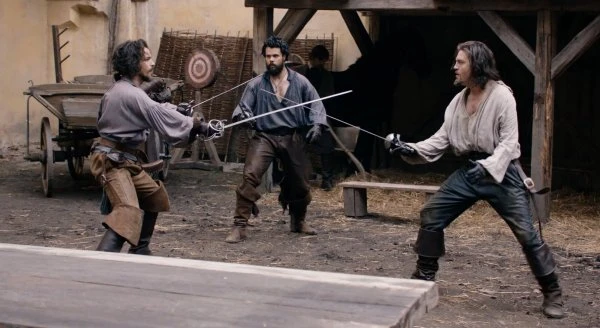
He also understood the value of a franchise. He followed up the success of 'The Three Musketeers' with sequels and stage adaptations. He worked as hard as he played, and so has an astonishing number of works attributed to him. We are not sure exactly how many because, again like a modern executive producer, he employed staff writers to scribble much of the actual text within character and story guidelines he laid down himself. This is why his characters are often more adaptable than his stories.
The original 'Three Musketeers' novel was an exception in that it seems to have been written substantially by the man himself and so the story is unusually tight for a Dumas production. It helped that it was based on a previous work, the "memoirs" published by Gatien de Courtilz de Sandras in 1700. Ironically, Dumas assumed, with good reason, that this was fiction and never realised that it was fiction based on fact. Athos, Aramis, and Porthos are all real people, if not the characters Dumas made them. The Dumas d'Artagnan is a conflation of two people of that name who had significant walk on roles in French history, one of them a Marshal of France.
What made them immortal is the Dumas touch that celebrated their friendship. He may also have made them representative of Four Ages of Man - the overeager d'Artagnan is youth, the ambitious Aramis middle age, the self-indulgent Porthos retirement, and the honourable and reflective Athos old age.

The universality of these characters and the relationship between them transcends the actual plot of 'The Three Musketeers' - hence their adaptability. Elements of the novel storyline tend to find their way into most adaptations. However, since the definitive version of the original plot has probably been made - the Dick Lester feature films, scripted by George MacDonald Fraser - other adaptors, and there have been many, can be forgiven for trying to put their own spin on it. After all, Dumas himself did as much in his sequels and stage adaptations - and d'Artagnan even makes a cameo appearance as a fanboy in Rostand's classic 'Cyrano de Bergerac.'
So it is only to be expected we have seen some fairly odd manifestations of Dumas' characters on television. Many people were first introduced to them through the cheerful Hanna-Barbera cartoons on The Banana Splits, which had little in common with the much darker parts of the novel, or Dogtanian and the Three Muskehounds. Recent obituaries of the late Rene Auberjonois of Star Trek: Deep Space Nine usually missed that he had also starred in an intriguing pilot for a Musketeer-esque show called 'Panache' that sadly never got off the ground.
The BBC, after fairly straightforward versions of 'The Three Musketeers' in the 1950s and 60s, the latter with Jeremy Brett as d'Artgagnan and Brian Blessed as Porthos, which was sufficiently successful to warrant a sequel with Joss Ackland taking over the lead, returned to the characters almost fifty years later but basically threw away 97% of the book. Since the Lester films had come in between, this was a justifiable decision, but whether the new storylines were worth it is open to debate. Let us just say that some were better than others.
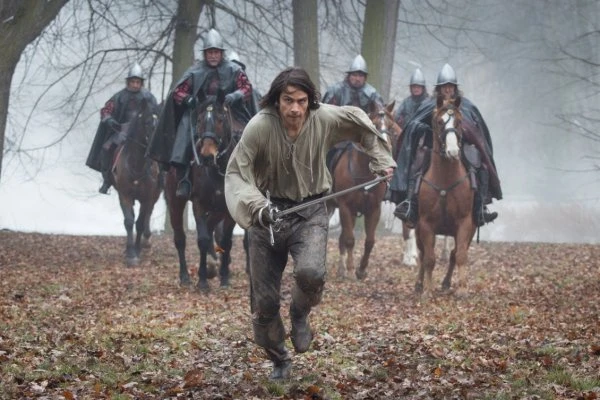
The "modern" production - known simply as The Musketeers - also took a rather BBC attitude to history. Cardinal de Richelieu, who comes across as ruthless but patriotic in Dumas - as he was in life - is reduced, as in so many second-rate productions, to a self-interested villain. The King's Musketeers are portrayed as the defenders of the people of Paris, when the truth is, as Dumas and Lester hint very heavily, that they were really a bunch of aristocratic throwbacks whose drunkenness, duelling, and debts probably made them a nuisance to the hard-working bourgeoisie who were trying to build the modern France to which de Richelieu aspired.

As usual in recent "historical" drama, there is little attempt to get into the mindset of people of a different time and place. Fashionable BBC sensibilities prevail without examination. It comes across as history of, for, and by 21st Century 'Guardian' readers.
That said, once one accepts that both literature and history have left the building, there is quite a bit of brainless fun to be had from The Musketeers on its good days. The energetic opening titles with a heavy rock beat tell us what to expect and, on the whole, we get it. There is enough pace and action to keep the viewer from thinking too much, which is just as well.
The production makes the most of what is obviously a limited BBC budget. The story keeps moving fast enough to make it pointless to count the extras and see that there are not that many. The location work is particularly clever, with Prague and the Czech Republic playing Paris and "Grand Siecle" France very effectively.

If Tom Burke, Santiago Cabrera, Howard Charles, and Luke Pasqualino - as Athos, Aramis, Porthos, and d'Artagnan respectively - are not the most memorable of Musketeers, they grow in their roles and do what the script requires. Maimie McCoy is an unusually sympathetic "Milady" and Tamla Kari brings some life to the traditionally difficult part of Constance. Hugo Speer is completely credible as Captain Treville, whose role is therefore justifiably expanded from the novel - and history: the real Comte de Troisville was a respected soldier but not Regent material.
Since these principals, apart from Speer, were largely unknown before the production, the first season drafted in a number of strong guest stars, including Vinnie Jones, Tara Fitzgerald, Sean Pertwee, Jason Flemyng, Vincent Regan, Annabelle Wallis, and James Callis, the last given a good showcase for his trademark seedy charm, as seen in Battlestar Galactica.
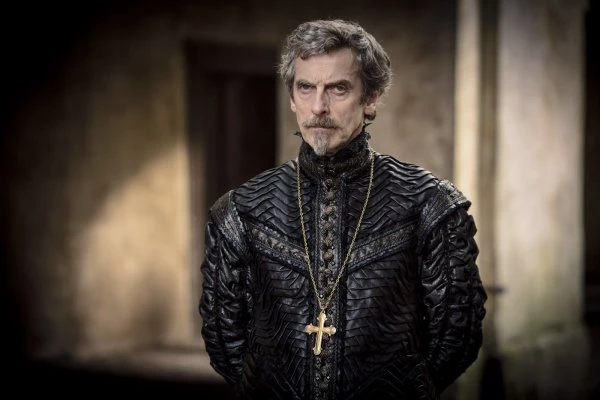
Predictably, the best performance comes from Peter Capaldi as de Richelieu, despite the characterisation forced on him by the script being at odds with history and with Dumas' own respect for the historical Cardinal. Capaldi looks and acts the part, even if the lines he speaks do not always sound it.
After de Richelieu was killed off prematurely, so that Capaldi could go and do Doctor Who, the Comte de Rochefort, the Cardinal's top enforcer in the novel, stepped up to become the principal season two villain. He was played by Marc Warren with appropriate Marc Warren menace. The Musketeers' main antagonists in the last season were played by Rupert Everett and Matthew McNulty, the latter, curiously, given the name of Grimaud, Athos' valet or "lackey" in the novel.

The original "Three Musketeers' has now taken on its own mythical status, and, each retelling therefore says more about the time of the retelling than it does about the 19th Century, when Dumas wrote it, or the 17th Century it claims to describe. So The Musketeers, like most adaptations, is of its time. If it took liberties with history and its source material, at least it was entertaining. For that reason, one suspects that Dumas would have forgiven the liberties, and would, in any case, have been quite happy to pick up the royalties for the use of his original characters ...not least because he would probably have needed the money.
Seen this show? How do you rate it?
Seen this show? How do you rate it?
Published on February 29th, 2020. Written by John Winterson Richards for Television Heaven.


